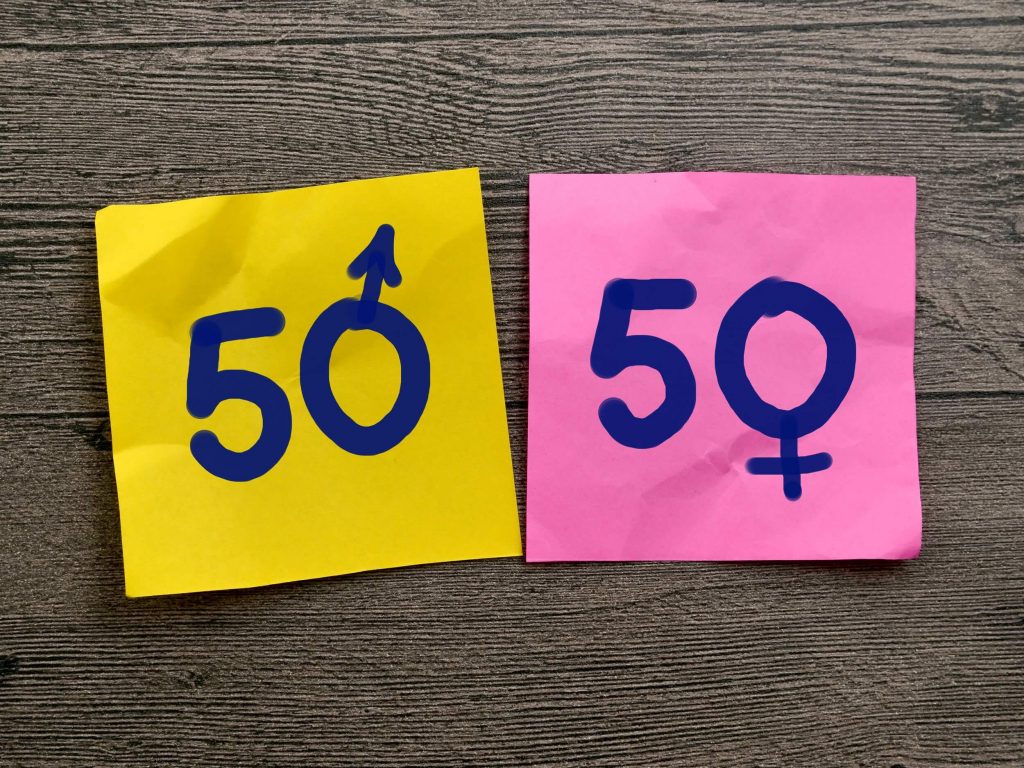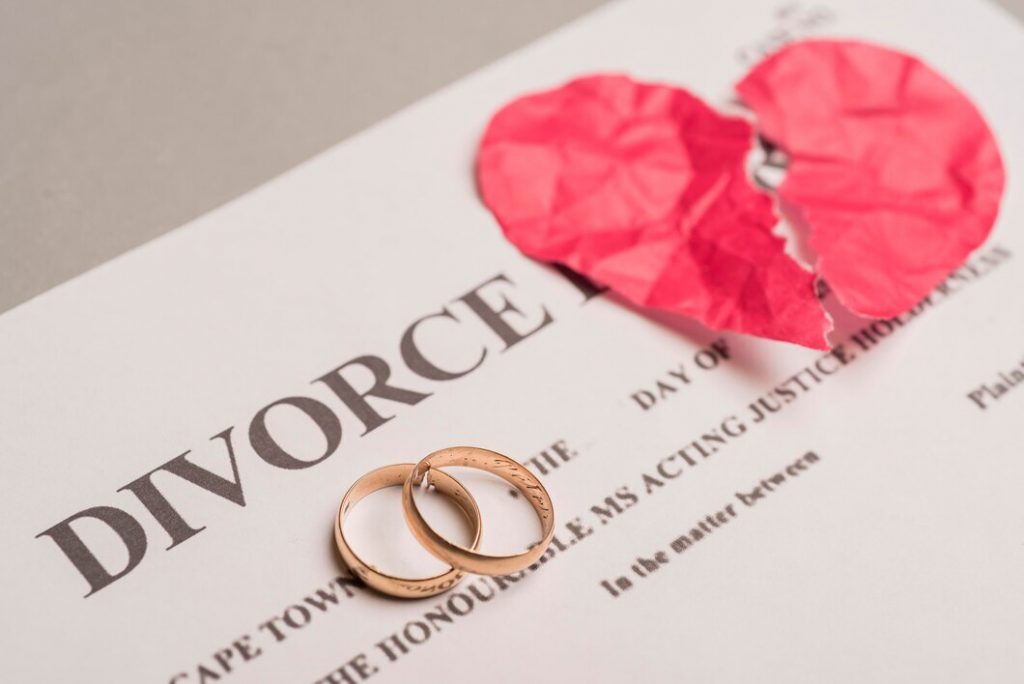According to Florida law, all assets and liabilities acquired during a marriage are subject to equitable distribution in divorce. This rule also applies to the real estate owned by the parties, particularly the house. The question of who keeps the house in a divorce is the most common one when ending a marriage, and the answer to it depends on many factors.
Table of Contents
ToggleWhat Happens to the House During Divorce Proceedings
The house, like any other marital property, is subject to division. In most situations, it is much easier for spouses to agree on an equitable division of this property. For instance, spouses can sell the house, and each gets a part of profit they have agreed upon. If a judge deems the division fair, they will likely approve it.
When spouses both want the house and cannot agree on its division, the court will decide on it. There will be lawyers arguing on behalf of each party, presenting evidence as to why their client should get a house or a bigger share of it. Moreover, it might be necessary to hire property appraisers and other real estate experts, which will increase the cost of divorce and make it longer.
Florida Divorce Laws on Property Division
According to Chapter 61 of the 2022 Florida Statutes, one of the divorce requirements in Florida is that marital property is divided according to the principle of equitable distribution.
When getting divorced in Florida, the couple should determine what marital and separate property is in their case to clearly define the subject for future division. To ensure equitable division, the court evaluates all assets involving, if necessary, third-party experts (for example, a certified public accountant).
Also, there are the following aspects the judge takes into account:
- the economic situation of both spouses;
- the duration of the marriage;
- the contribution of the spouses to the marriage (for example, paying for education of the other spouse);
- who of the spouses is going to be a child custodian;
- the desire of the party to receive particular asset, etc.
Is Florida a 50/50 Divorce State

Marital property in Florida can be divided in a 50/50 ratio, but this is not a direct rule of law. Is Florida a community property state for divorce? It is not. Florida is one of the equitable or fair distribution states. During property division, the court considers many factors, the main of which is whether the property is marital or separate.
Marital and Nonmarital (Separate) Property
Marital property in Florida includes most of the income, assets, and debts a couple accumulates during the marriage. Retirement benefits, pensions, stocks, insurance plans, and annuities can also be added to this list. Can you divorce without splitting assets? It is possible in an uncontested divorce when the spouses reach an agreement on property division.
When discussing what happens to property owned before marriage in Florida, it should be noted that it usually remains with its original proprietor. The exceptions are situations when, during the marriage, the assets of the spouses were gradually mixed, and each of the parties influenced the change in their value. Such seemingly separate property may become divisible during a divorce.
How Do I Prove My House Is Separate Property?

In the case of real estate, disputes often arise between spouses as to what type of property it belongs to. Is a house owned before marriage marital property in Florida? It all depends on a number of factors. If, during the marriage, the parties invested in paying off a mortgage or used joint finances to improve the house and increase its value, the court may order the equitable division of such property.
Options for Splitting a Home in a Florida Divorce
Since Florida is a state with equitable distribution, the division of assets in divorce occurs mainly based on their value, among other factors. Before making a final decision regarding splitting of a home, the court finds out its estimated value. After that, future exes will have the following options:
- Buyout agreement. If one of the spouses wishes to keep the house in their property, they have the right to agree with the other spouse on a fair redemption of their share. This is often half of the appraised value of the house, but a 50/50 split is not guaranteed.
- Transfer of the house to the primary custodian. If the couple has minor children, the house ownershipmay go to the parent, who, after the divorce, will become the custodian. The court usually acts in the interests of the kids. They will not need to move and change schools by staying with a parent in their home.
- House sale. In some cases, the spouses cannot agree on what to do with the house; therefore, its sale and the subsequent equal division of the profits is the only way out of the situation.

Ready to Start Your Divorce?
We have created a system that helps you get all the necessary paperwork without a struggle. Our questionnaire is designed to be simple and straightforward and does not require any legal background.

Michelle Walton is known as the divorce expert and content writer for flonlinedivorce.com. She is a regular contributor to Men’s Journal, and her articles about property division and child support custody can be seen on various divorce blogs. Michelle’s background in psychology and family law and her own experience with divorce make her equipped to write about various divorce-related topics professionally.



